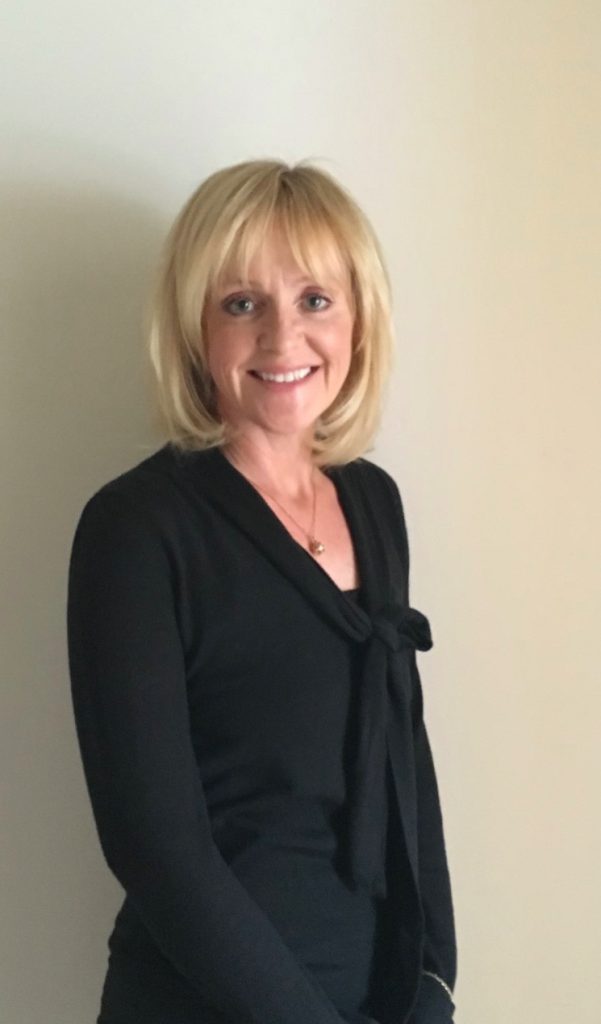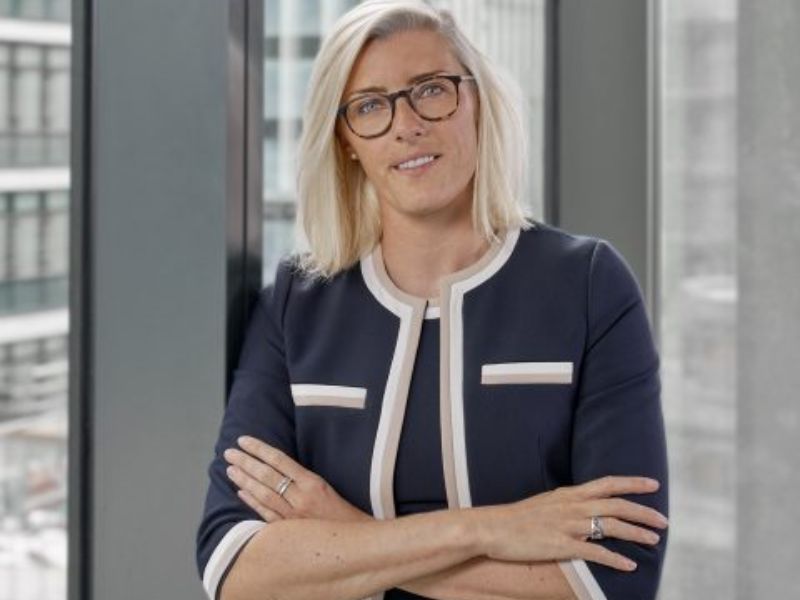 With over two decades of experience working in the voluntary sector, Chantal Hughes CEO of domestic abuse charity The Hampton Trust, has built a career championing vulnerable adults and young people, both within and outside of the criminal justice system, to break the cycle of domestic abuse.
With over two decades of experience working in the voluntary sector, Chantal Hughes CEO of domestic abuse charity The Hampton Trust, has built a career championing vulnerable adults and young people, both within and outside of the criminal justice system, to break the cycle of domestic abuse.
Her passion and belief in the work she does has seen her develop health services for sex workers, deliver rehabilitation courses for young prisoners serving life-sentences and work with police forces across the country to help make our communities safer.
Tell us a bit about yourself, background and your current role
I have worked in the voluntary sector for the last 25 years and have held a variety of posts supporting vulnerable adults, children and young people. Whilst at The Children’s Society I developed services for sex workers, looked after children, careleavers and young people in the criminal justice system. I am currently the Chief Executive of The Hampton Trust. I joined the organisation in 2006 as the Domestic Abuse Services Manager. I then progressed to Deputy Chief Executive before taking up the role of Chief Executive in 2013. I have led the development of a range of interventions targeting children, young people and adults both in and outside of the criminal justice system.
Did you ever sit down and plan your career?
Funnily enough no part of my career has ever been planned. I ended up leaving school and took a job in banking, simply because I wanted to earn money to support my social life. I didn’t enjoy school at all, although since leaving I’ve always had a very strong work ethic and through this I steadily progressed in banking. It didn’t fulfil me at all and gender inequality was rife. I made an official complaint and remember being completely petrified to attend an internal hearing with the Board of Directors. I made a strong case of gender inequality, having trained a young male on my department for him to be handed a managerial position above me. I was not taken seriously at all and nothing changed. After this a young woman in my team suffered trauma involving kidnap, rape and the murder of her best friend. I spent a lot of time supporting her and the male dominated management team, disinterested in the empathy she needed to recover, tasked me to dismiss her. Instead I dismissed myself and this was a defining moment as it gave me the push I needed to follow a different career path. I studied psychotherapy for 7 years and began work in the charitable sector taking on a range of practitioner roles leading projects for careleavers, young offenders, sex workers and domestic abuse survivors. When I finished studying, Southampton University asked me to go back and lecture in psychotherapy. In 2006 after working for The Children’s Society I went to The Hampton Trust to cover a maternity post as a practitioner and 14 years later I’m still there as the CEO.
Have you faced any challenges along the way?
I worked in banking for 10 years, taking only 3 months off for maternity leave due to the benefits in the early 90s being pretty poor. Looking back when I left the bank, the anger and frustration with the system stayed with me for a long time. I think I turned it into something positive and it energised me to study hard and forge out a new career path. Some of the challenges that followed were my own internal struggles of not feeling good enough or that I would be taken seriously but I have had the fortune of meeting amazing people since who believed in me and encouraged me to take on new roles.
What has been your biggest achievement to date?
Whilst not one single achievement, I am proud of the fact that I left school with few qualifications or aspirations and through hard work and tenacity I have worked in a sector that I am passionate about for the last 25 years. It means a great deal to me and I couldn’t imagine working in any other area. Universally we all need to know there are people that believe in us and our capacity to change and heal from trauma. I have worked with people in the UK and Africa who have suffered untold trauma and the human spirit never fails to surprise me. I have witnessed vulnerable people overcome more than I thought possible. Whenever I hear stories of how someone has rebuilt their life as a result of something I have been involved in I still get goose bumps. An achievement that eclipses everything is my daughter although I share the credit for that with her father. She is a young woman who doesn’t let fear hold her back which is what makes me most proud.
What one thing do you believe has been a major factor in you achieving success?
It feels hard to narrow it down to a single thing. I don’t think it was ever a conscious thought process but if I look back at my career and the choices I have made I have this strong belief in the human spirit and that with the right support we can overcome adversity. I know it sounds terribly clichéd but I do believe that. This internal belief is my driving force. I work with creative and passionate people daily, without which success wouldn’t be possible.
How do you feel about mentoring? Have you mentored anyone or are you someone’s mentee?
I think the concept of ‘mentoring’ has defined my career in different ways. One of my first roles in this field was as a Mentoring Co-ordinator. Via the National Children’s Bureaux, I trained volunteers to mentor careleavers. Individuals leaving care are often left at 18 years old to try and find somewhere to live and to make huge transitions in their lives without any support. The Mentor would offer support throughout this transition for up to 12 months. The service doesn’t exist anymore although personally I think it should be the bare minimum we provide to careleavers who are frequently held back. Throughout my career I have mentored colleagues and also being a mentee which I think has been invaluable.
If you could change one thing to accelerate the pace of change for Gender Equality, what would it be?
Gender equality is an issue with so many complex layers, including addressing the gender pay gap to the elimination of all forms of violence against women and girls on a global scale. We have made some progress but the pace of change is incredibly slow. 149 women were killed in 2018 in the UK by men which suggests we are not doing enough. Gender Equality and Healthy Relationships should be a standard national curriculum agenda delivered in age appropriate lessons throughout a child’s school life. Unless we start to address this we are denying women of their fundamental human rights. Being born a girl in developing countries places you at severe disadvantage. Boys will be educated above girls in many parts of the world, so again gender parity does not exist in education. Currently there are 34% of women in the House of Commons Women which is an improvement but it’s still not good enough. We could accelerate the pace of change by addressing this disparity for a start.
If you could give one piece of advice to your younger self what would it be?
Do everything you can to feel comfortable in your own skin, do something that feeds your soul and it’s okay to ditch the mascara. Can I have three things?
What is your next challenge and what are you hoping to achieve in the future?
I think more of the same in terms of leading an organisation within an amazing team of passionate and committed individuals all working to support individuals to rebuild their lives after experiencing trauma and adversity. Someone once said to me that you should have three careers in your life and I’ve always remembered this. As I said earlier, I’ve not planned any of my career and perhaps that’s the best approach. Who knows what the next decade will bring.








